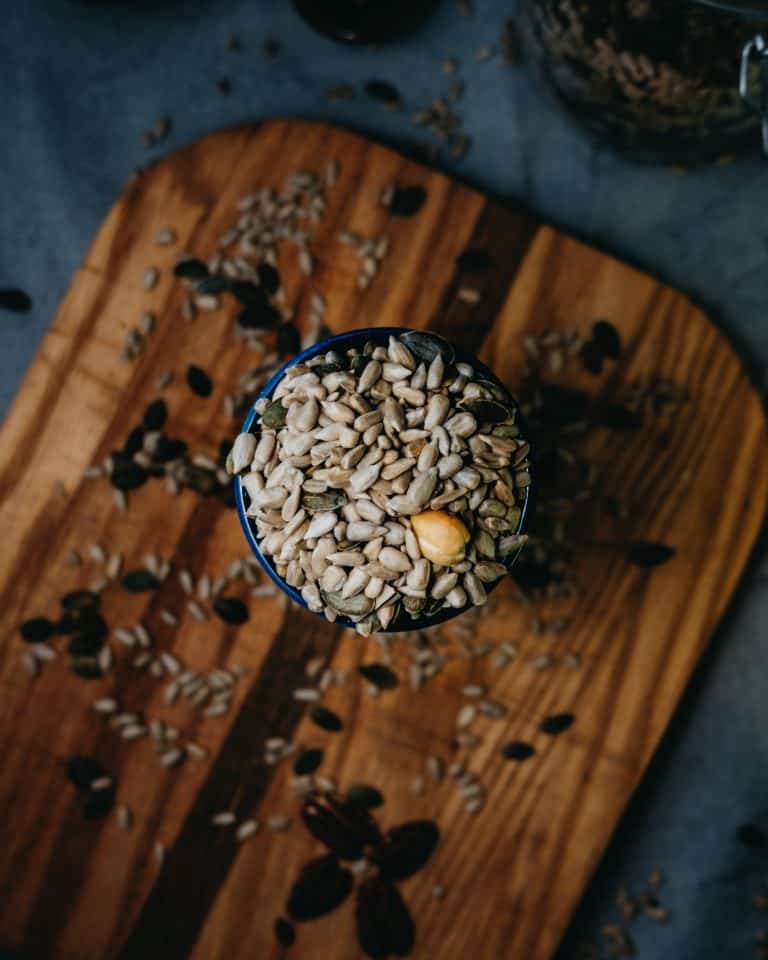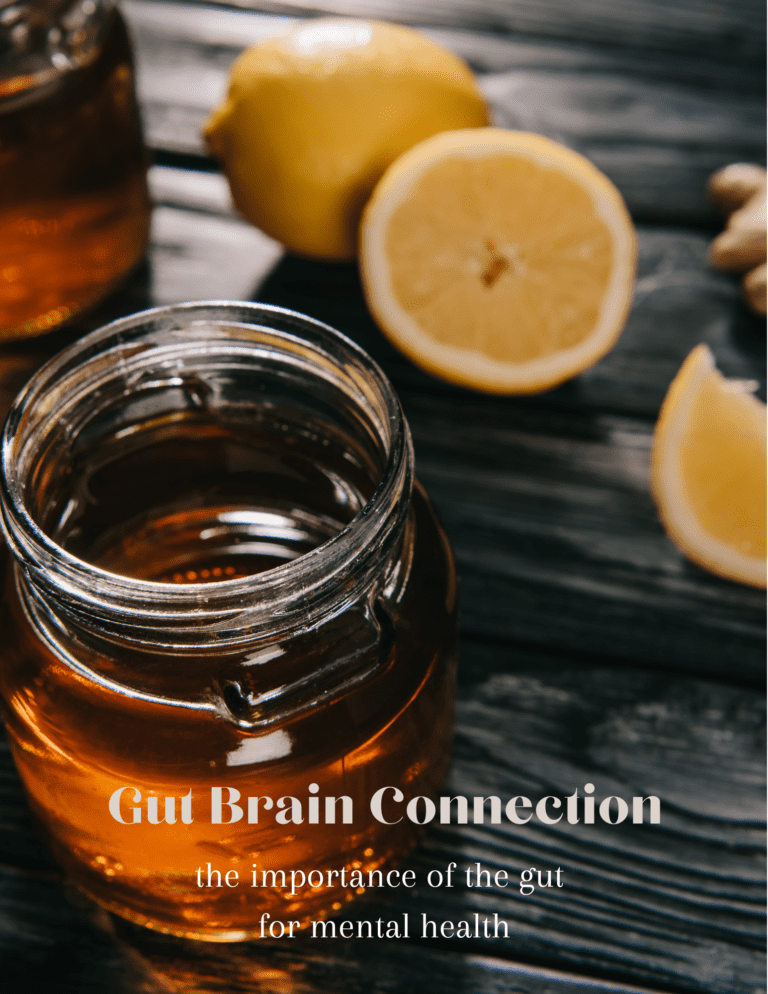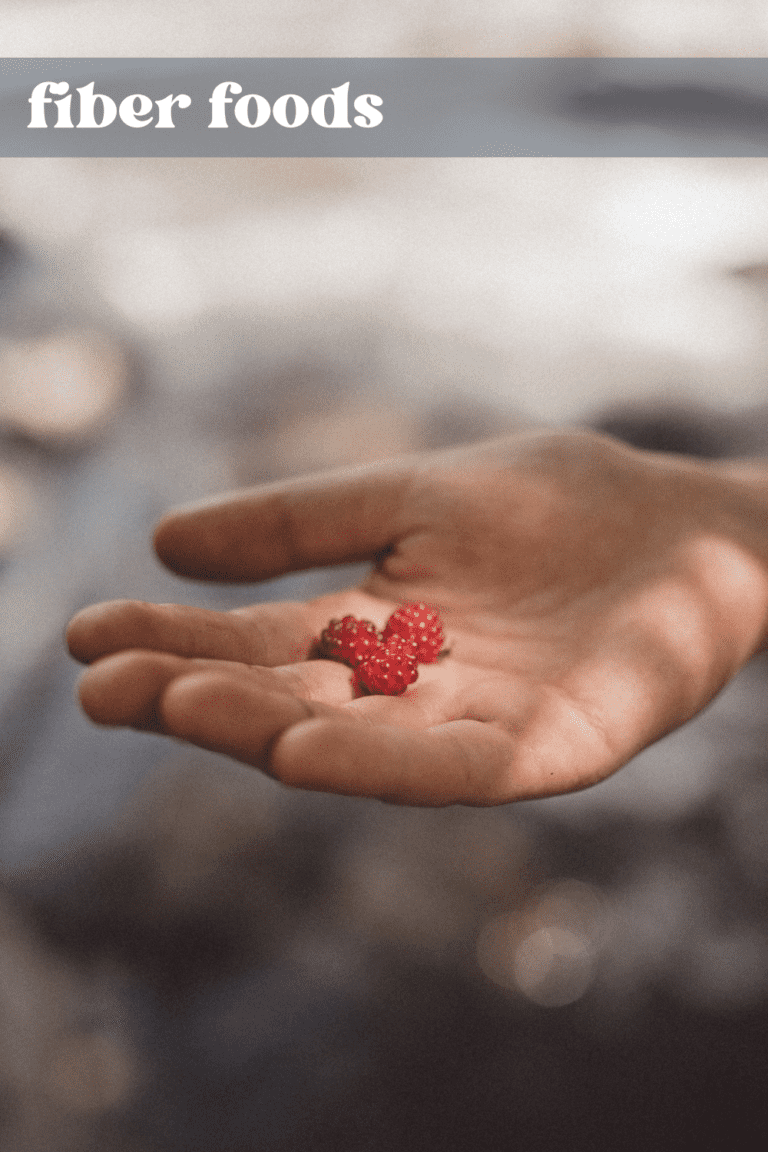What is a blue zone?
There are currently 5 designated “blue zones” in the world. The blue zones of the world are:
- Ikaria, Greece
- Sardinia, Italy
- Okinawa, Japan
- Loma Linda, California
- Nicoya, Costa Rica
A blue zone is an area in the world that has the highest proportion of people living over 100 years old with the lowest number of chronic diseases. The blue zone way of living is not only intriguing, but can be incredibly informative for the rest of the world with higher health care costs and rising diseases. The United States, for example, spends almost $4.1 TRILLION on health care costs annually, which is equal to about $10,000 per person. To compare, Costa Rica spends about $800 per person (1).
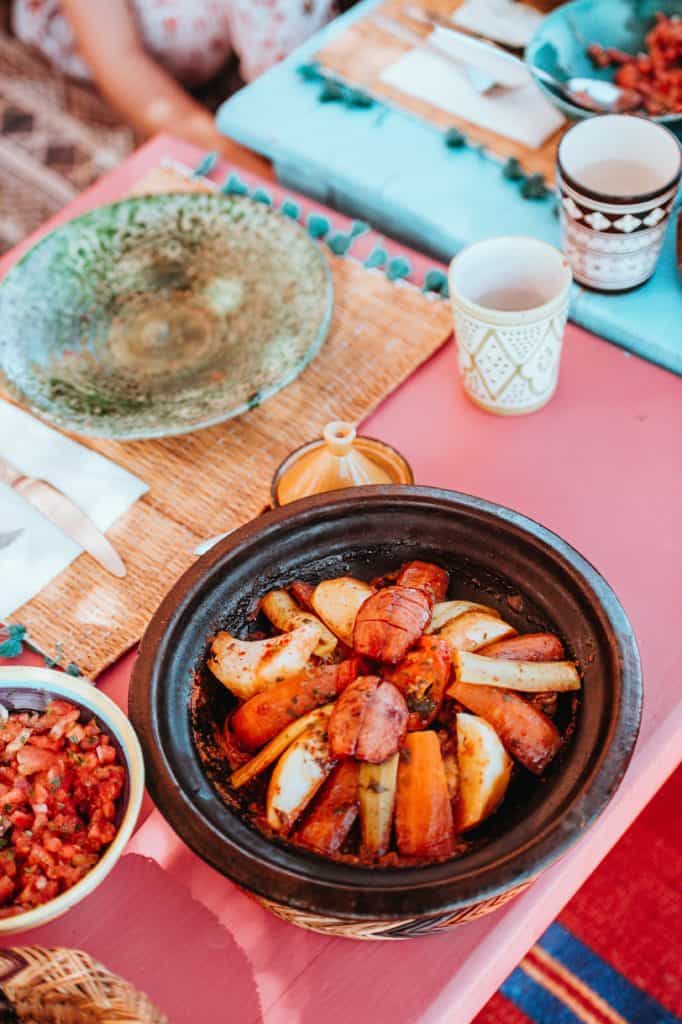
What exactly do Blue Zones do differently?
One of the major aspects of living a long healthy life is contributed to diet. The blue zone diet is what attracted me to that culture in the first place. As a Dietitian, I can be a skeptic of many ways of living, particularly fad diets. The blue zone diet is similar to the Mediterranean diet, which is considered the gold standard diet for most people. What I liked about the Blue zone culture is that there is not only a heavy focus on food, but also particular lifestyle factors that increase longevity. All of them tied together is what makes up the blue zone way of life… and I’m on board! Let me break it down a little simpler.
Diet:
Centenarians eat a lot of unsaturated fats, particularly olive oil. Unsaturated fats are amazing for brain function and maintaining cellular processes in the body. They are vital to our health and keeping our organs safe and running properly. Unsaturated fats have been dubbed the term “healthy fat” because of how they are digested and stored, but more importantly, how they improve our health and longevity.
Nuts, seeds, and oils are all good sources of unsaturated fats and a staple in the blue zone & Mediterranean diet. Stick to oils like olive oil and avocado oil.
Fiber:
Why do people in the blue zones live so long? Fiber. Fiber is a main component , across the board, in all of the blue zones. Our culture has shifted away from plant foods and has opted for convenience. Convenience, however, comes with a price. The western diet is full of fast, quick and easy, processed foods. Processed foods are made with certain preservatives, sodium, and other elements to retain shelf life and stability. Basically, it’s full of things that we never used to have in our food prior to this change in the food industry.
Naturally, cultures that stick to the roots of growing and preparing food in a more traditional way are living longer and have less chronic diseases. We have shifted away from the excitement and fun of making our meals, slowing down, and enjoying time with others and have shifted to a fast paced, quick and easy, get it on the table NOW, mindset.
Meat:
Blue zones also eat almost entirely plant based and focus on limiting meat to once a week or on occasions, which is a lifestyle I adopted myself within the last year. I focus on only purchasing plant items in the grocery store and eat meat on occasions like eating at a restaurant or during social gatherings.
Antioxidants:
One thing I noticed about the blue zone diet is that it is high in antioxidants; likely to fend off free radicals in the body. Free radicals are unstable electrons that can cause oxidative damage in the body and lead to inflammation. A key source of antioxidants is red wine, a staple in the Sardinian region. If you’re not a wine drinker then don’t fear, there are plenty of great sources of antioxidants including dark greens, blueberries, raspberries, and blackberries. Think of fruit with a dark hue!
Beans:
Beans are one of those foods that just packs a huge punch in terms of nutritional benefits. They are full of fiber, nutrients, and protein. It’s no wonder they have become a common dietary staple in the blue zone diets. They are beneficial in lowering cholesterol and great for heart health!
Lifestyle & Spirituality:
One of the things that drew me to the blue zone tradition over any other is the lifestyle beliefs. People who live in the blue zones focus heavily on physical movement, even just walking, and spiritual practice. Spiritual practice comes in many forms and you can get as creative as you’d like with it, but having that connection to some higher power is important to living a long, healthy life.
If you asked me 5 years ago if I was a spiritual person, I would have told you “not one bit”. I’ve since opened my eyes and realized that spirituality is anything I want it to be. It doesn’t have to be the traditional religious path.
With all the chaos going on in the world, it can be hard to connect and feel safe, but having moments of silence and reflection can go a long way in helping with stability.
Purpose:
Purpose is one of the most defining principles of living a blue zone lifestyle. By defining your purpose or “why” for living on this Earth, you become more at peace with everything around you. Defining your “purpose” doesn’t have to be some profound experience. Something as simple as waking up and feeding my dog can be my purpose every day. We all have something that wakes us up each day and gets us moving and I think just honing in on that can give us peace of mind.
Understanding the fact that we don’t need to be the best or most successful in order to belong and have a sense of purpose is profound. You are enough just as you are and you don’t need to prove anything to anyone besides yourself. Remembering that is key to living like a centenarian.
Stress-Free living:
When I was visiting Nicoya, Costa Rica, one of the world’s blue zones, I noticed that there is an air of lightness in everyone that I encountered. Here in the United States, we rush around and live according to how successful we “need” to be in order to feel whole. Hustle culture is alive and well in the U.S. It’s exhausting, stressful, and is counterintuitive to living a stressless life. The more stressed we are to compete with those around us, the less likely we are to feel like we are following our own life’s purpose.
I think a good thing to remember is the idea of “impermanence” and that not everything will last. It sounds morbid, but having death on the forefront of your mind can help eliminate the worry that you aren’t doing enough. Remembering that each day is a gift and that tomorrow is not guaranteed can help relieve some of the stress of being successful and doing the most all the time. If you died tomorrow, your success today wouldn’t matter, right?
Slowing down:
Blue zone living is all about SLOWING DOWN. Escaping the hustle, living more intentionally, eating slower, enjoying food and company, and focusing on being present in the moment. Even with a busy schedule, there is a priority to slow down and appreciate everything. Slowing down at meals can actually promote eating less food and help with weight management. Chewing your food is such an important process in digestion. By chewing our food, we allow the saliva to break down key components of our food to help us digest more easily.
Trust me, I understand how hard it is to actually slow down. As someone with anxiety, my brain and body are in constant “go mode”. The simplest way to slow down at meals is to eat distraction free or with family members. Putting away all technology and not even bringing it to the table.

Blue Roots Nutrition
Blue Roots Nutrition came from the idea that we need to get back to the roots of nutrition, while promoting scientifically studied practices to increase longevity. Even if you don’t want to live to 100 or beyond, just maintaining a healthy, functioning older life without getting sick is so important. Working with the elderly has taught me that our health is not guaranteed, but there are ways that we can set ourselves up for a more successful transition into old age. Welcome to my blog and my journey to discover how to live a longer, healthier, happier life. So glad you could join and I can’t wait to share my knowledge with you.
Sources:
- https://www.macrotrends.net/countries/CRI/costa-rica/healthcare-spending
